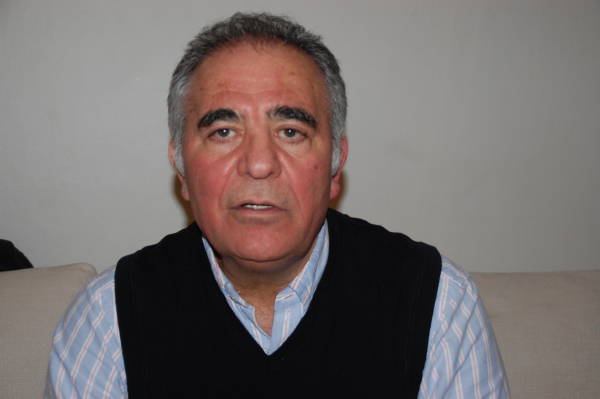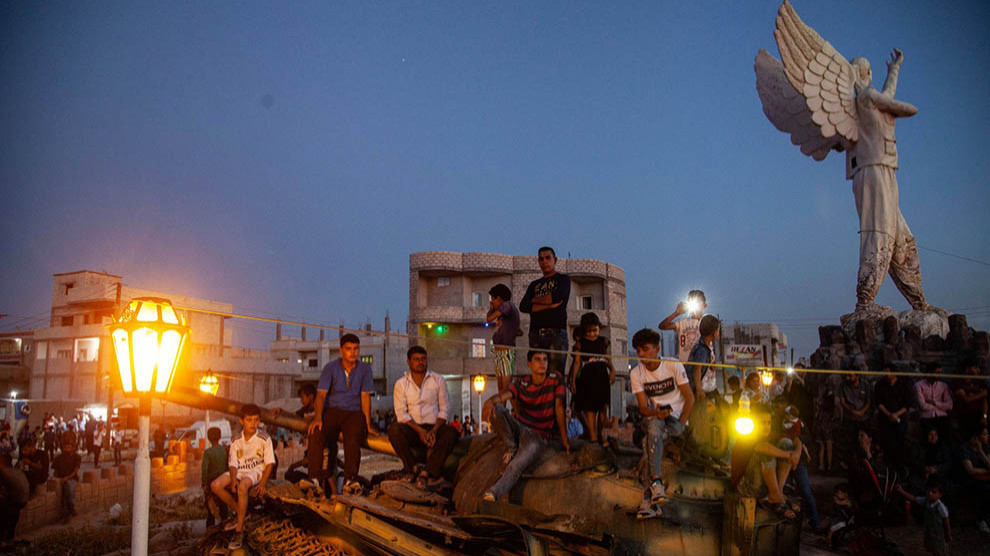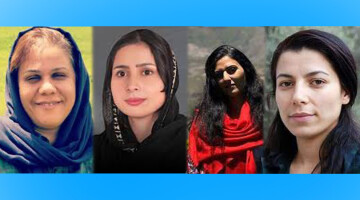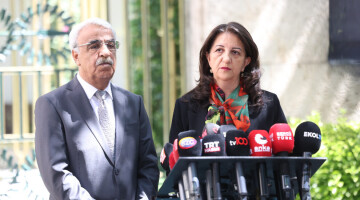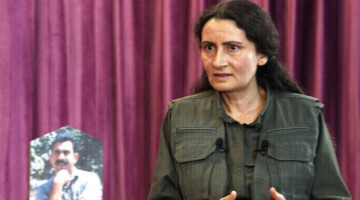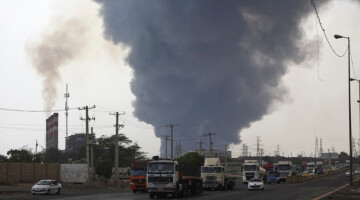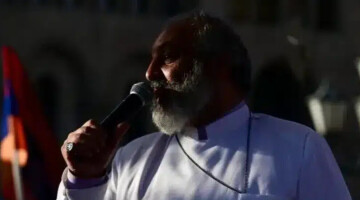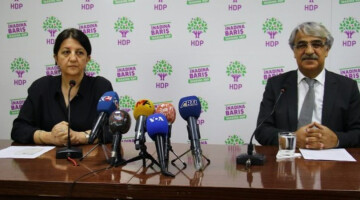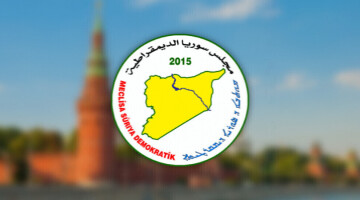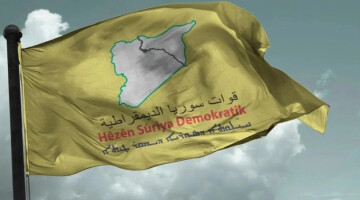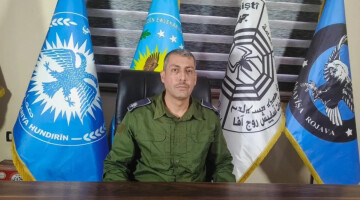Bahram Rahmani, former chairman of the Association of Iranian Writers and the Iranian section of the PEN writers' association, spoke to ANF about Turkey's Middle East policy and Turkey’s "Kurdish policy" in Syria. Rahmani emphasizes the importance of the democratic alternative in Rojava for the oppressed of the world and assigns Turkey and Erdoğan a crucial responsibility for the war in Syria.
Astana must be investigated
The Iranian author and journalist regards the shooting down of a Russian plane by Turkey in 2015 as a decisive turning point. “Ankara has moved away from the US and NATO and started to cooperate with Russia and Iran. However, these forces were on different sides in Syria. While Russia and Iran took sides with Assad, Turkey continued its support for the jihadists. One has to look closely at how these countries, although supporting different factions, are working together on the future of Syria. They meet in Astana and make decisions. But neither the Syrian Government nor the Syrian people are present at the table. Three countries decide the future of another country."
Turkey's position is weakened
Despite the different interests regarding Syria, both countries have given the green light to Turkey's occupation of northern Syria, Rahmani continues; "Erdoğan’s aim was to settle Syrian Arabs in the border area in order to prevent the relationship between the Kurds in Northern Kurdistan [Turkish territory] and Rojava. But this could not be realised until today. Turkey is not economically in a position to do this. Turkey is also in a difficult situation in Idlib. Here the ISIS and Al-Qaeda groups supported by Ankara are in power. For all these reasons, Turkey's position is weakened.”
Erdoğan’s plan for Libya
Rahmani recalls that Erdoğan has armed and supported jihadists during the Syrian war. Since they could not be accommodated on Turkish-occupied territories in North-East Syria, Ankara is planning to send his Islamist allies into the Libyan civil war. "Regardless of what Erdoğan has done, Turkey is actually in a key position in the Middle East. Erdoğan and the Turkish state fear that the systems are changing. There is a strong popular movement against the mullahs in Iran. If the Iranian regime collapses, this will have a strong influence on Turkey. Erdoğan will not be able to stay in power."
Erdoğan and Khamanei take an ideological approach
While Russia pursues a pragmatic policy in line with its political and economic interests, Erdoğan and Khamenei have adopted an ideological approach and support Islamists close to them. Thus Erdoğan also supports the Muslim Brother Government in Libya, says Rahmani.
Erdoğan fears the Kurds' territorial gains
"The Turkish state has been attacking the Kurdish people and PKK for 40 years. But the Kurdish people have their demands. Erdoğan panicked when the Kurds became stronger during the peace process and the HDP was able to send 80 MPs to parliament. Despite all the repression, the HDP was able to send 50 MPs to parliament in the last elections as well. Erdoğan is even more afraid of developments in Turkey and Northern Kurdistan than of Rojava. He is afraid of the Kurdish people in Northern Kurdistan. Everybody knows that there has been no threat for Turkey from Rojava for eight years. Erdoğan is afraid that the democratic system in Rojava will be extended to Kurdistan and the Middle East.
Rojava does not suit the reactionary and imperialist states
Not only Turkey is against Rojava, but also Iran, Saudi Arabia, Qatar, Israel, the EU, the US and other countries are against self-government, says Rahmani. "For eight years not a single country has recognised the system in Rojava. They pretend to be against the Turkish invasion of Rojava, but at the same time they don't like the system there. German and Swiss weapons are used in Rojava, as well as armaments from other Western countries. These countries do not want the people to administer themselves.
The system of Rojava is successful because it is based on the people
When the ISIS attacked Shengal, the Peshmerga abandoned the Yazidis and withdrew. Aid came from Rojava and the ISIS was prevented from entering the self-governing areas in northern Syria. The people of Rojava are now resisting the Turkish invasion. The system in Rojava gives hope to the poor all over the world. All oppressed peoples should support the resistance of Rojava against the Turkish state."
